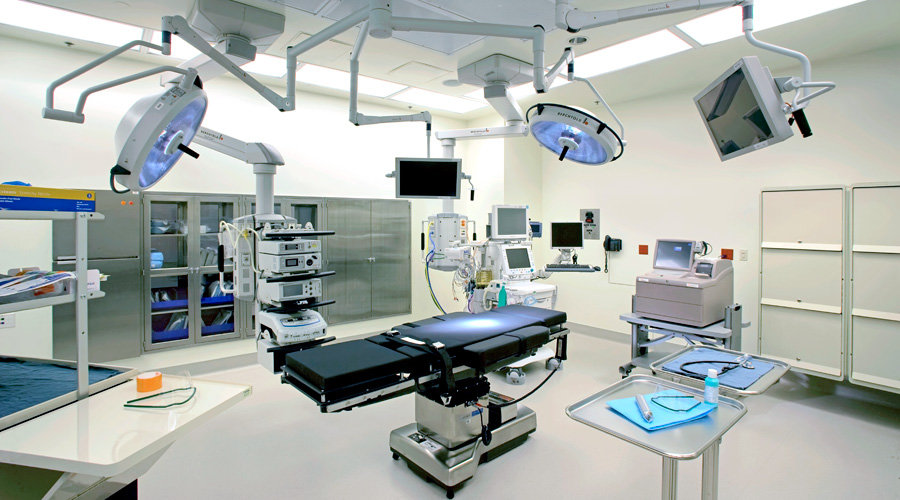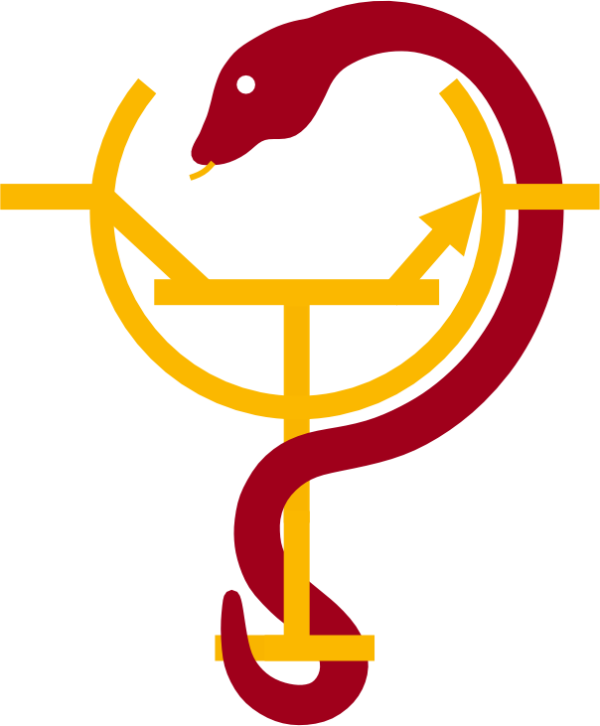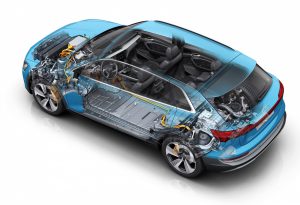Dear prospective students!
You are making one of the most important choices of your life—the choice of a profession, which will largely determine your future. When making this decision, it is crucial to consider not only your desires but also the current labor market situation and the demand for the profession in modern life.
In the modern industrial century of electronics, your education is the foundation of your leadership! You are young, ambitious, creative, and deserving of a modern education.
With more than 50 years of leadership in the field of electronics, our global recognition and high demand for our graduates are undeniable facts. For you, our department’s team provides higher education valued worldwide and offers opportunities for free internships abroad.
Educational Programs and Competitive Offers of the Department
Our department trains specialists in specialty 171 “Electronics” under the following educational programs:
“Electronics” with specialized packages (specializations).
Educational and Professional Program — “Electronics” (Bachelor’s degree). Our Department: “Industrial and Biomedical Electronics” Core specialized disciplines.
Field of Study: 17 Electronics and Telecommunications
Specialty: 171 — Electronics
Degree of Higher Education: Bachelor’s Degree
Qualification: Bachelor of Electronics
Duration of Study: 2 years 10 months (accelerated form), 3 years 10 months
Form of Study: Full-time, Part-time
Language of Instruction: Ukrainian, English
Focus: Higher IT Education, Engineering and Technical Education
Industrial electronics is a field of science and technology focused on the tools and methods of transmitting, processing, and storing information, as well as addressing issues in power electronics and conversion technology. The training of a bachelor’s degree specialist in the “Industrial Electronics” specialization aims to prepare graduates to work and acquire knowledge in modern information technologies, analog and digital electronics, power electronics devices, microcontrollers, and microprocessors. They are expected to be capable of applying and utilizing methods, tools, and technologies of electronic engineering, which include: Employment opportunities. Graduates successfully work at industrial enterprises in the fields of power engineering, electrical engineering, and electromechanics. They hold positions as specialists in the departments of chief power engineers, chief designers, in electrical workshops and production units, in sectoral research, design, and design-engineering organizations and institutions, as well as university lecturers and teachers in secondary and higher educational institutions. Core specialized and elective academic disciplines. Link to the presentation.Industrial Electronics

Biomedical Electronics. Biomedical electronics is a field of science and technology that facilitates the work of doctors and contributes to improving patient health through a wide array of methods and hardware tools. The training of bachelor’s degree specialists in the “Biomedical Electronics” specialization includes, in addition to technical disciplines, the study of medical-related subjects taught by lecturers from Kharkiv Medical University and practicing doctors. Students are engaged in the development and production of various electronic medical devices and apparatus, the repair and maintenance of electronic medical equipment, and have the opportunity to consolidate their knowledge through practical internships, participating in the development of modern medical equipment. Employment opportunities. Graduates successfully work at industrial enterprises in the power engineering sector and the industrial production of biomedical electronics. They are qualified to hold positions as specialists in the departments of chief power engineers, chief designers, and in sectoral research, design, and design-engineering organizations and institutions. Core specialized and elective academic disciplines. Link to the presentation.
“Electric Vehicles and Automotive Electronics” with specialized packages (specializations)
Educational and Professional Program — “Electric Vehicles and Automotive Electronics” (Bachelor’s Degree).
Our Department: “Industrial and Biomedical Electronics” Core specialized disciplines.
Field of Knowledge: 17 Electronics and Telecommunications
Specialty: 171 — Electronics
Higher Education Degree: Bachelor’s Degree
Qualification: Bachelor of Electronics
Duration of Study: 3 years and 10 months
Mode of Study: Full-time, Part-time
Language of Instruction: Ukrainian, English
Focus: Higher IT Education, Engineering and Technical Education.
Electric Vehicles and Automotive Electronics. Modern society cannot be imagined without the use of electronic devices. A concentrated arrangement of diverse electronics is observed in modern cars, with many control functions transferred to automated systems utilizing microcontroller and computer devices. This is especially evident in electric vehicles, where semiconductor converters of electric energy are added to informational electronics: Charging stations also use both informational and power electronics. The power of converters has recently increased from tens to hundreds of kilowatts. Employment opportunities. Graduates successfully work in service centers and industrial enterprises engaged in diagnosing, servicing, modifying, and developing electronic components for vehicles, ranging from passenger cars to electric vehicles and modern trolleybuses with autonomous operation. They are also employed in sectoral research, design, and design-engineering organizations and institutions. Core specialized and elective academic disciplines. Electric Vehicle Power Supply System. Core specialized and elective academic disciplines: Links to presentations.
Operating, diagnosing, and servicing modern cars require maintenance personnel to possess knowledge that combines electronics, conversion technology, and information technologies. When working with electric vehicles, understanding modern electric motors and battery systems is essential.
The training of bachelor’s degree specialists in the “Electric Vehicles and Automotive Electronics” specialization involves acquiring relevant specialized education. This ensures qualified operation and diagnostics of battery systems, understanding the principles of modern electric motors, the ability to analyze processes in semiconductor converters, proficiency in analog and digital circuit design, and programming skills for informational electronics.


